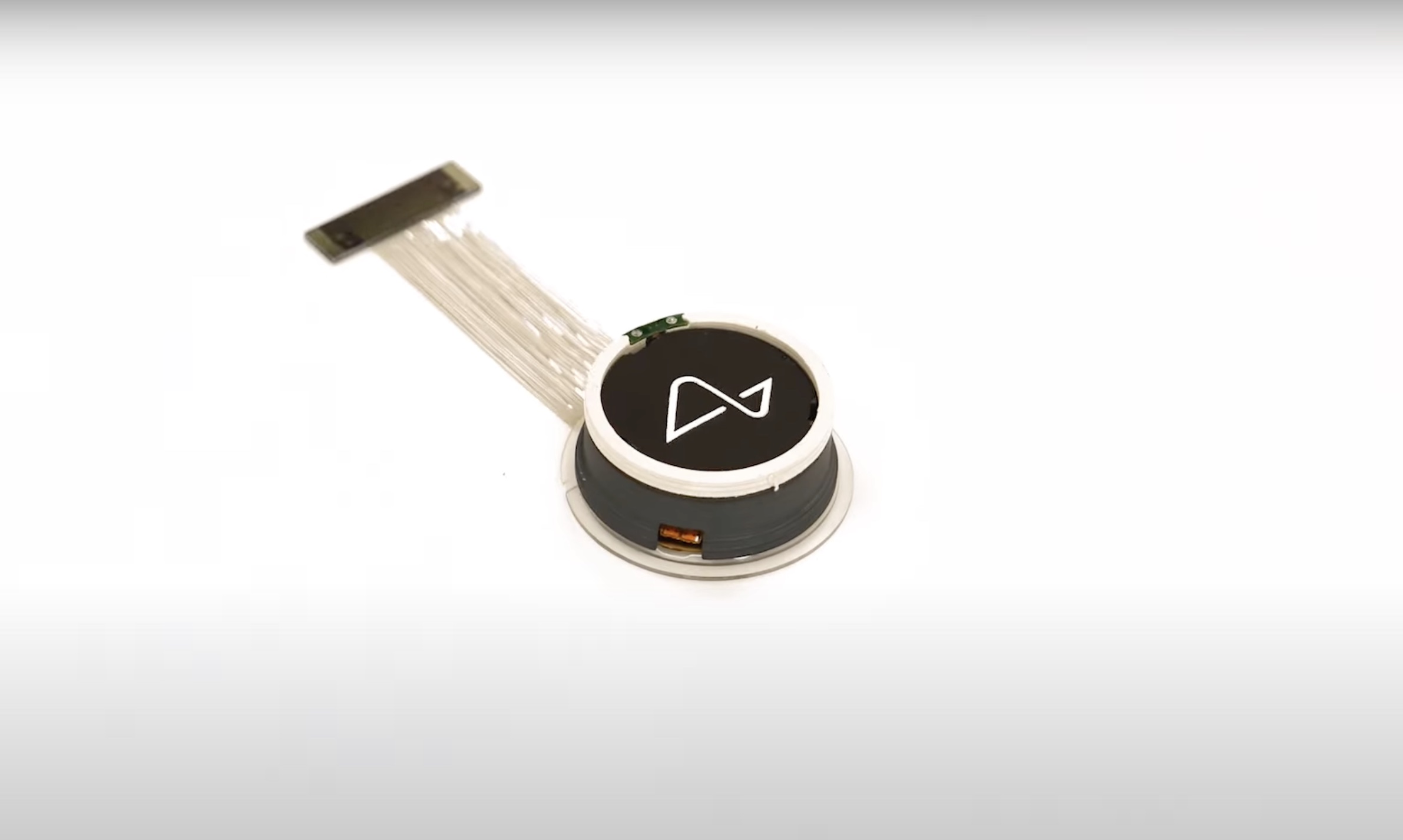Tech
Neuralink gets FDA approval for second brain implant patient: WSJ

Elon Musk’s brain implant company has gained approval to begin human trials on a second clinical patient, after the first patient has shared some words on his experience following over 100 days with the implant.
The U.S. Food and Drug Administration (FDA) has given Neuralink approval to implant a chip in a second patient as part of its early clinical trials, according to a report from The Wall Street Journal on Monday morning. Neuralink expects to implant the device in an additional patient in June, and in as many as 10 people by the end of the year, according to the company.
The Neuralink brain-computer interface (BCI) is essentially a chip that’s installed in the brain, initially with the intent of restoring autonomy to quadriplegic people. The technology is currently limited to patients taking part in the initial clinical trial, dubbed the PRIME Study by Neuralink, though the company says over 100 quadriplegic people have signed up to be a part of its patient registry.
According to Neuralink, the study “aims to evaluate the safety of our implant and surgical robot, and assess the initial functionality of our BCI for enabling people with quadriplegia to control external devices with their thoughts. We do not guarantee any benefit by participating in the PRIME Study.”
On Monday, 30-year-old Noland Arbaugh, Neuralink’s first patient who received the device in January, also spoke out about his experience thus far, being the first to get the implant. Among other points, he noted that the brain implant could potentially enable a way for him to provide for himself and his family long-term.
In one of many recent interviews, Arbaugh also described how he became quadriplegic, and he describes exactly what the brain implant is: a chip the size of a quarter with 64 threads, each with 32 electrodes, which are picking up signals from nearby neurons and sending those signals via Bluetooth to the computer. In the past, Arbaugh has said that he would use a stylus and tablet to interact with digital devices, though the setup required him to use his mouth for the stylus instead of simply using his thoughts.
Neuralink gained approval to install its first implant in a human last May, and the company began recruiting for the PRIME clinical trial in September. Those who are interested in being a part of this and other trials can apply to join the company’s patient registry on its website.
Hear Arbaugh talk about this and more in an interview shared by the YouTube channel Project Unity on Saturday.
What are your thoughts? Let me know at zach@teslarati.com, find me on X at @zacharyvisconti, or send us tips at tips@teslarati.com.







:max_bytes(150000):strip_icc()/roundup-writereditor-loved-deals-tout-f5de51f85de145b2b1eb99cdb7b6cb84.jpg)


